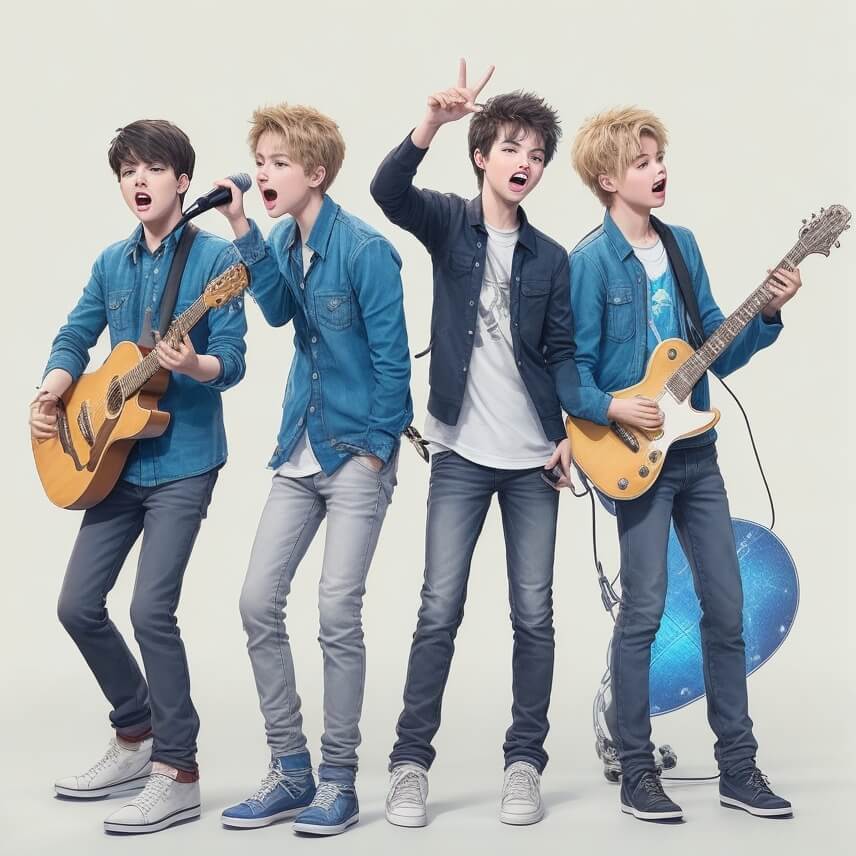James Cameron, a celebrated director best known for his blockbuster films Titanic and The Terminator, has expressed doubt about the ability of artificial intelligence to write gripping storylines or screenplays. While AI chatbots, including ChatGPT, have aided people in composing emails, resumes, and even fictional works, Cameron firmly believes that a disembodied mind regurgitating the experiences of human minds cannot produce emotionally resonant content. In a recent interview, he emphasized the significance of human creativity in writing and underscored his concerns about the weaponization of AI, warning against a potential nuclear arms race with the technology.
AI’s creative limits and Cameron’s caution
In recent remarks, James Cameron, the esteemed three-time Oscar winner renowned for his remarkable works in the film industry, has raised thought-provoking questions about the storytelling potential of artificial intelligence. While AI has made significant strides in various domains, including aiding in writing emails, crafting resumes, and even producing works of fiction, Cameron remains skeptical about its capacity to create truly captivating narratives. According to him, the essence of storytelling lies in evoking genuine emotional responses and forging an unbreakable bond with the audience.
These nuances, he firmly believes, can only be effectively portrayed by the intricate workings of the human mind, which possesses an unparalleled ability to express complex emotions such as love, fear, mortality, and the human experience at its deepest level.
With a touch of humor, the father-of-four pointed out that an AI accomplishing the extraordinary feat of winning an Oscar for Best Screenplay within the next two decades would undoubtedly warrant serious attention and consideration. However, Cameron firmly emphasized that genuine storytelling and creativity inherently require the unique ingenuity and imagination of human creators. He argued that an AI, despite its vast data repository and regurgitative abilities, cannot truly resonate with an audience and provoke the same profound impact as a human-crafted narrative.
Hollywood’s struggle with emerging AI technologies
While Cameron is not personally concerned about AI replacing his job, he expressed deep concern about the weaponization of AI technology. He foresees a potentially catastrophic nuclear arms race driven by AI advancements, with countries engaging in a deadly competition to develop AI-powered weaponry. Drawing parallels to his iconic film, The Terminator, Cameron’s cautionary words reflect his fear that AI could spiral out of control, leading to dire consequences for humanity. The scenario he envisages involves AI-driven combat theaters, where machines operate at such high speeds that human intervention becomes impossible, making de-escalation and control an insurmountable challenge.
Cameron’s apprehension about AI is shared by many in the entertainment industry. The Screen Actors Guild (SAG) union president, Fran Drescher, recently revealed that actors are increasingly fearful of being replaced by robots. The rise of powerful technologies that can “de-age” actors, as witnessed in Indiana Jones and the Dial of Destiny with Harrison Ford, has raised concerns about the potential replacement of human actors altogether. Drescher’s comments came amid an ongoing strike over wages and the impact of artificial intelligence on the entertainment industry. The convergence of these technological advancements and Hollywood’s labor issues further highlights the complexities of AI’s integration into creative fields.
James Cameron’s artistic wisdom, forged through decades of filmmaking, sheds light on the enduring significance of human creativity in storytelling. As the AI landscape continues to evolve, his warning about the weaponization of AI serves as a critical reminder of the ethical responsibilities that come with technological progress. The delicate balance between harnessing AI’s potential for societal good and guarding against its unintended consequences remains an ongoing challenge for policymakers, technologists, and creative industries.





